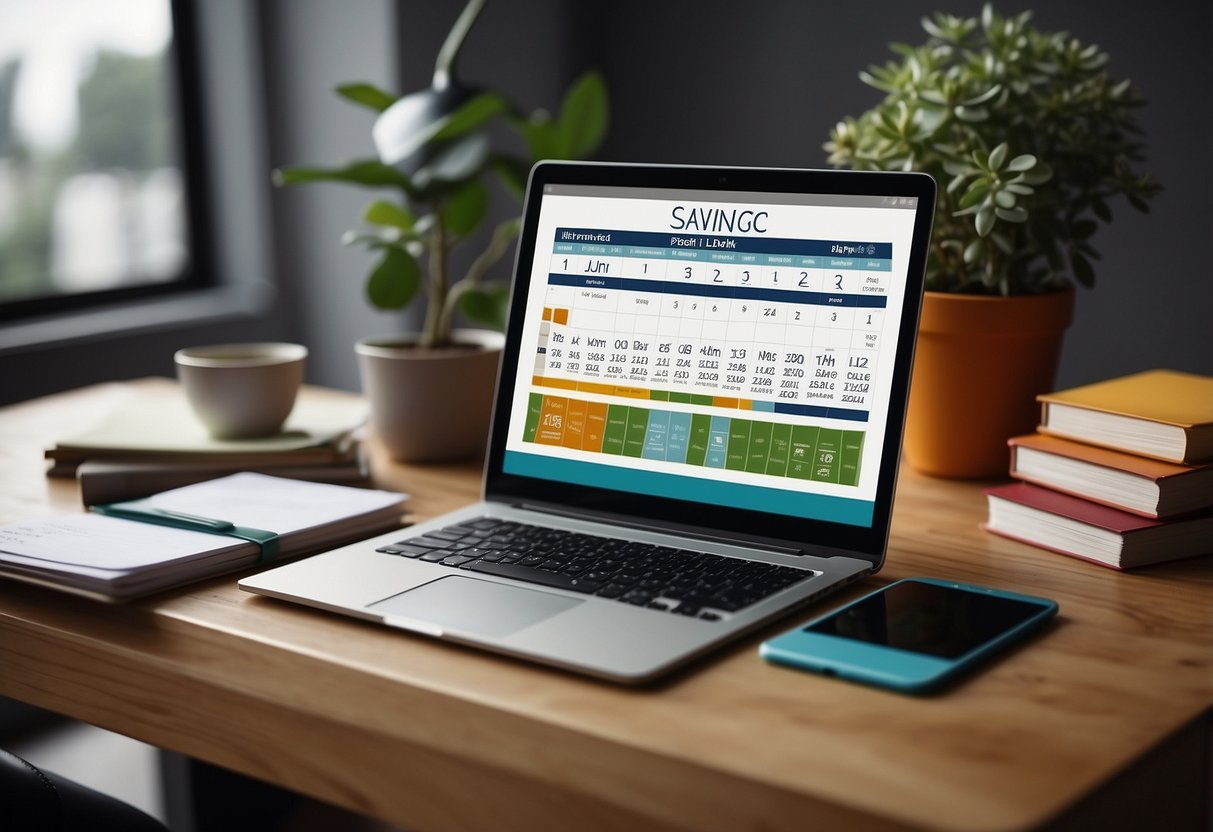
4. Track Your Expenses
Tracking expenses is essential for building wealth. Knowing where your money goes helps identify spending patterns and areas for potential savings.
Keeping a record of all expenditures, whether big or small, provides a clear picture of financial habits. This awareness allows for better decision-making and prioritization of necessary expenses over discretionary ones.
Many tools can assist in this process. Apps and software that categorize spending can simplify tracking and provide detailed reports. These tools often link directly to bank accounts, updating transactions in real-time.
Reviewing expenses regularly is key. Monthly reviews can highlight trends and reveal opportunities to cut unnecessary costs. This practice not only aids in budgeting but also ensures compliance with financial goals.
Awareness of spending leads to better control over personal finances. Being mindful of every dollar spent can make a considerable difference in saving and investing. It encourages thoughtful spending and helps avoid impulse purchases.
Ultimately, tracking expenses cultivates financial responsibility and supports long-term wealth-building without compromising lifestyle. It’s a small habit with significant impact, creating a foundation for financial success.

5. Create a Budget
Creating a budget is a crucial step in building wealth without compromising your lifestyle. A well-structured budget helps to outline income, expenses, and savings goals. It provides clear guidance on financial decisions.
Start with tracking all sources of income. This includes salaries, side hustles, and any other earnings. Knowing how much money is coming in each month forms the foundation of an effective budget.
Next, list all monthly expenses. This should encompass both fixed expenses like rent or mortgage and variable expenses like groceries and entertainment. Analyzing these expenses reveals areas where adjustments can be made.
Assign specific amounts for different categories such as necessities, savings, and discretionary spending. This ensures that each dollar has a purpose, promoting better financial discipline.
Regularly review and adjust the budget. Life circumstances change, and so should the budget. Regular evaluations help in staying on track with financial goals.
Using budgeting apps or spreadsheets can simplify the process. They provide tools to monitor spending and alert when deviations occur. This aids in maintaining financial health.
A consistent budgeting habit fosters a sense of control over finances, paves the way to achieve financial goals, and ultimately contributes to long-term wealth-building.
6. Build an Emergency Fund
Building an emergency fund is a critical financial habit that protects against unexpected expenses. Start by setting a clear savings goal based on your monthly expenses. Financial experts suggest saving at least three to six months’ worth of living costs.
Begin by creating a detailed budget. This budget should outline your monthly income and expenses, helping identify areas where you can cut back. The saved money can be redirected into your emergency fund.
Automate your savings to make the process easier. Set up automatic transfers from your checking account to a dedicated savings account. Regularly depositing a fixed amount ensures consistent progress.
Consider using budgeting tools and apps to track spending and savings. These tools can provide insights into your spending habits, making it easier to find areas for adjustment. Prioritizing an emergency fund can prevent financial stress in times of crisis.
Building an emergency fund takes time and discipline but is essential for financial security.
7. Pay Off Debt Strategically
One effective way to manage debt is to use the debt avalanche method. This approach focuses on paying off debts with the highest interest rates first. By tackling high-interest debts, one can reduce the overall amount paid in interest, saving money in the long run.
Another useful method is the debt snowball approach. In this strategy, individuals pay off their smallest debts first. The sense of accomplishment from clearing smaller debts can motivate them to continue with larger ones. This boost in morale can lead to more consistent progress.
Debt consolidation is also a valuable tool. It involves combining multiple high-interest debts into one monthly payment, preferably with a lower interest rate. This can simplify debt management and potentially reduce monthly payments, making it easier to stay on track.
Creating a budget is crucial for debt repayment. Allocating funds specifically for debt payments ensures that one can meet their obligations without sacrificing other financial goals. Consistency in sticking to the budget plays a key role in successful debt reduction.
Lastly, exploring side hustles or additional sources of income can accelerate debt repayment. Extra earnings can be directed toward debt payments, shortening the time it takes to become debt-free. Prioritizing debt repayment without compromising other aspects of lifestyle is possible with strategic planning and disciplined execution.